“We are committed to the media within the framework of our culture. Private media can continue to be free and independent. They can continue their activities,” Taliban spokesman Zabihullah Mujahid said in his first press conference two days after the fall of Kabul on August 15, 2021.
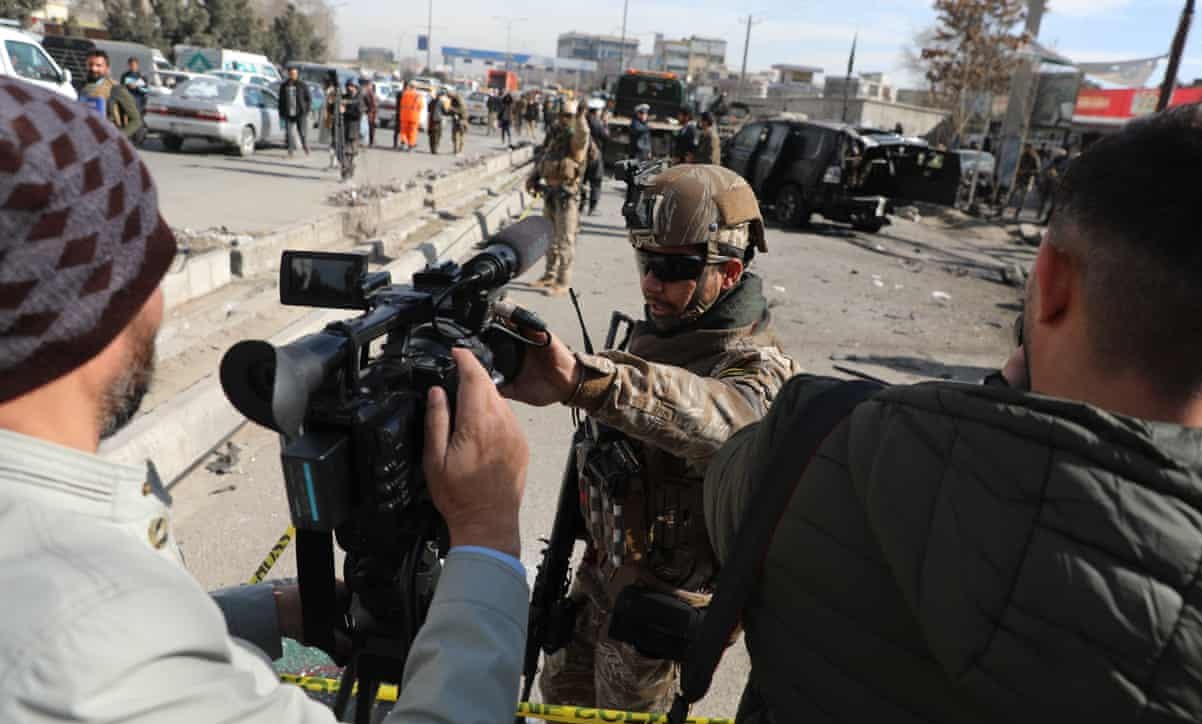
Journalists face many difficulties reporting in Afghanistan, even facing gunfire. Photo: GI
Two years later, the Taliban has not only reneged on that pledge but has also intensified its repression of the media in Afghanistan. There have been numerous instances of censorship, attacks, arbitrary arrests, house searches, and restrictions on female journalists in an attempt to silence the press.
Despite public pledges to allow journalists to work freely, Taliban agents and Taliban intelligence have assaulted, arrested, and arbitrarily detained journalists, while closing local news outlets and banning some international media from broadcasting. Foreign reporters face visa restrictions to return to Afghanistan to report.
Journalists continue to be arrested for their work. According to research by the Committee to Protect Journalists (CPJ), at least 64 journalists have been detained in Afghanistan in retaliation for their work since August 2021. They include Mortaza Behboudi, co-founder of the independent news site Guiti News, who has been detained since January.
Afghan journalists have fled in large numbers, mainly to neighboring countries such as Pakistan and Iran. Many are now stuck in legal limbo with no clear prospect of resettlement in a third country. Their visas are running out, raising concerns that they could be arrested and deported back to Afghanistan.
The Taliban is also expanding its targeting of social media platforms, enforcing new regulations targeting YouTube channels this year and considering a nationwide ban on Facebook.
A crackdown on social media will continue to make it harder for millions of Afghans to access information. However, some Afghan YouTubers are now taking on the role of citizen journalists, reporting on issues ranging from politics to everyday life on their channels.
The Taliban are now seeking to end their international isolation. In recent weeks, they have sent a delegation to Indonesia and held talks with US officials to help revive the ailing economy of a country where more than half of its 41 million people rely on aid to survive.
Hoang Hai (according to CPJ)
Source


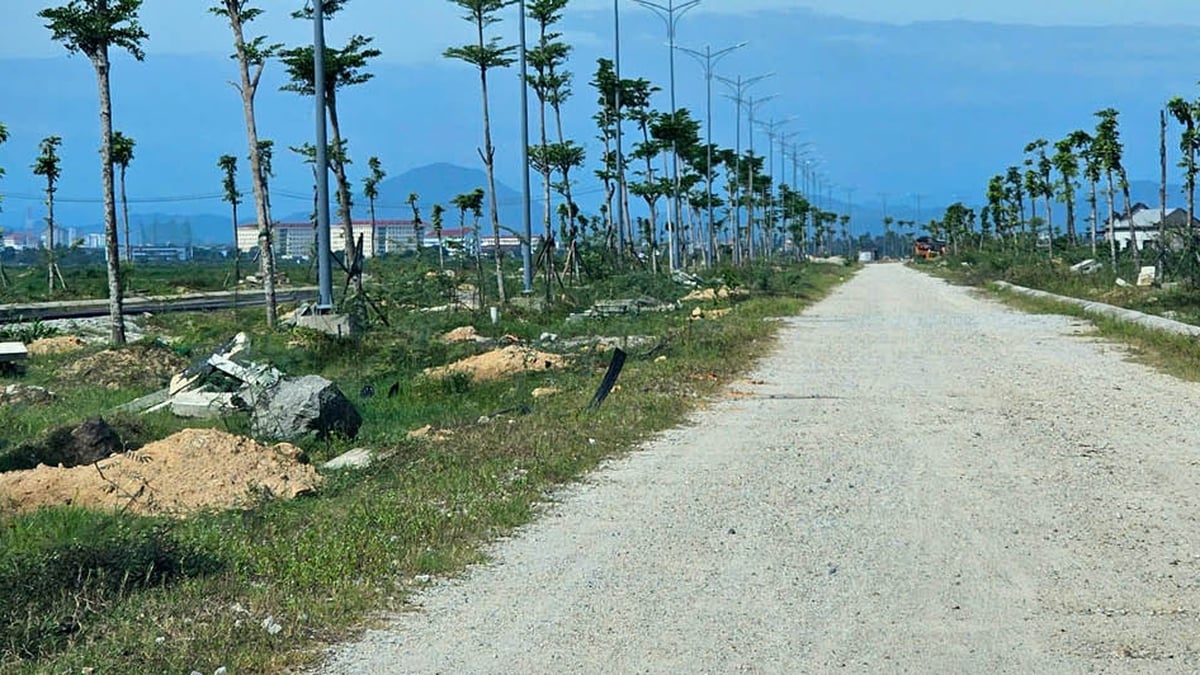
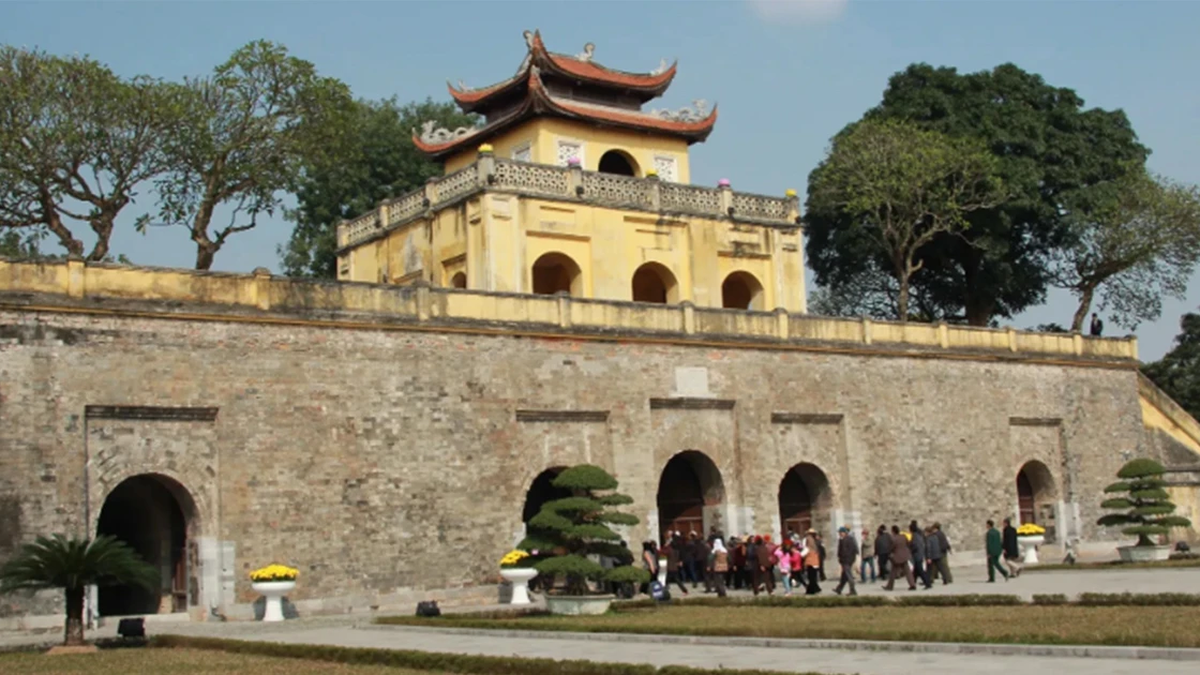
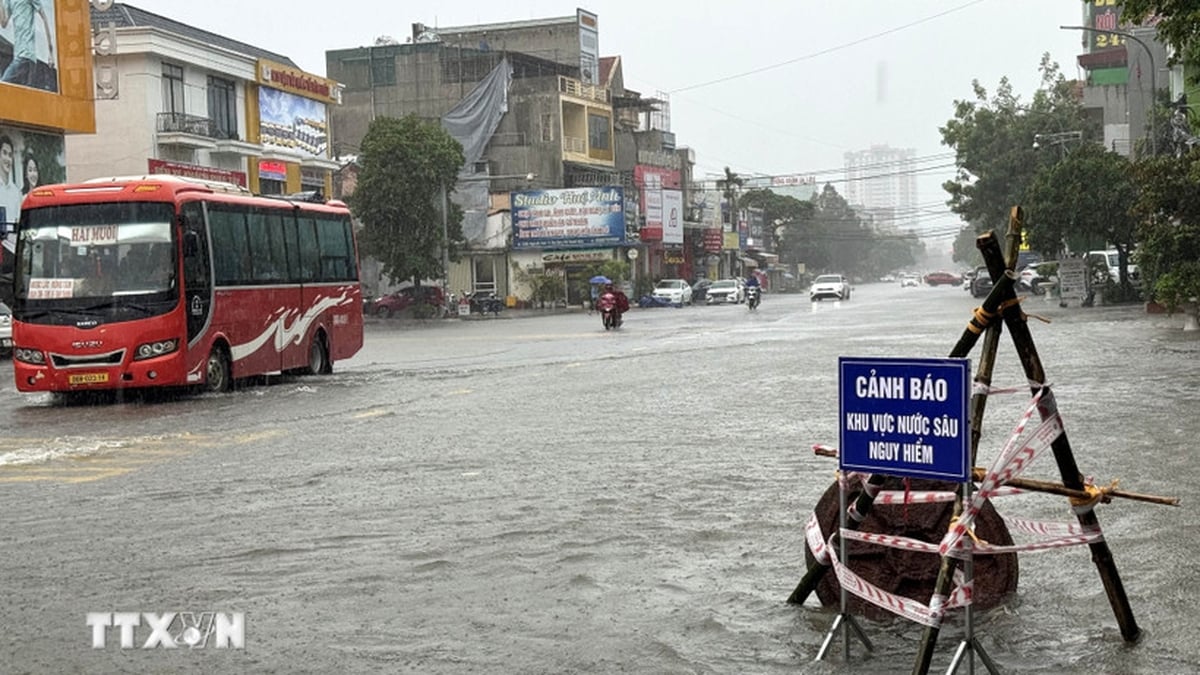
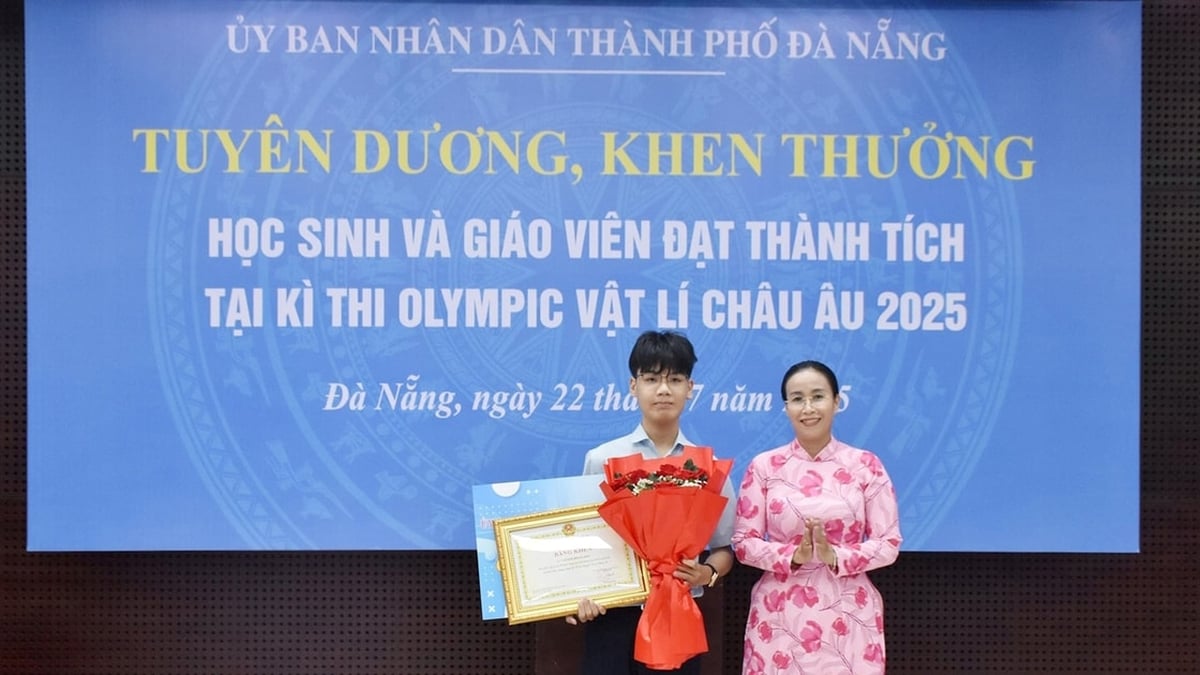

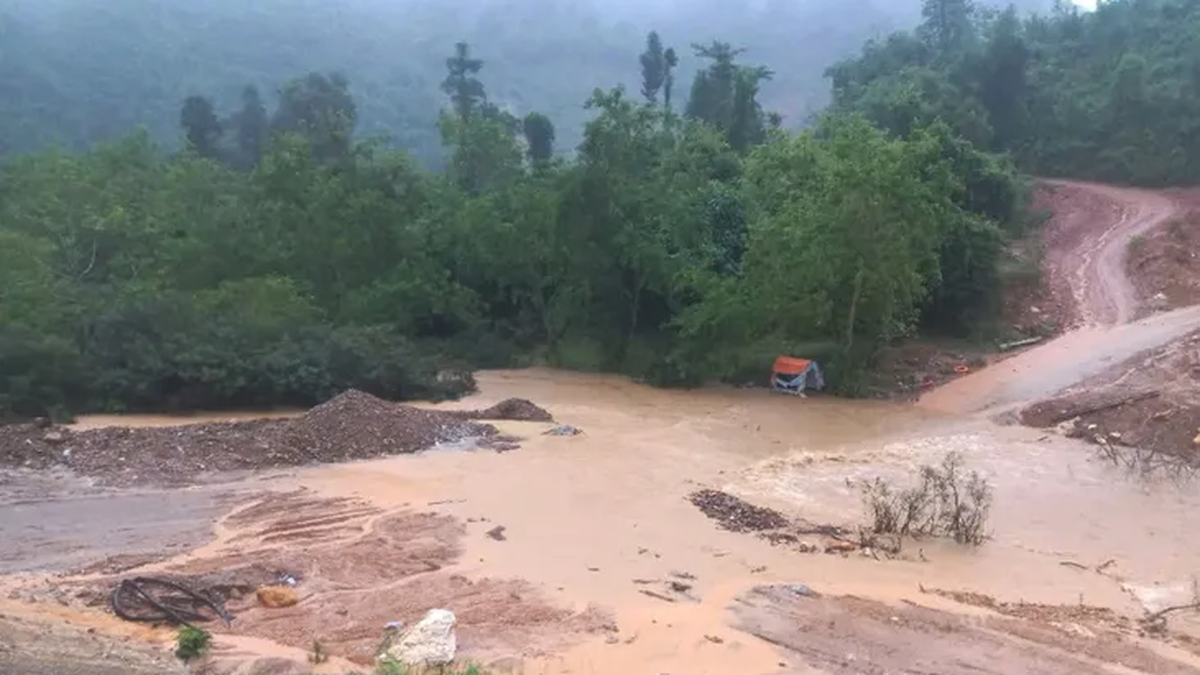


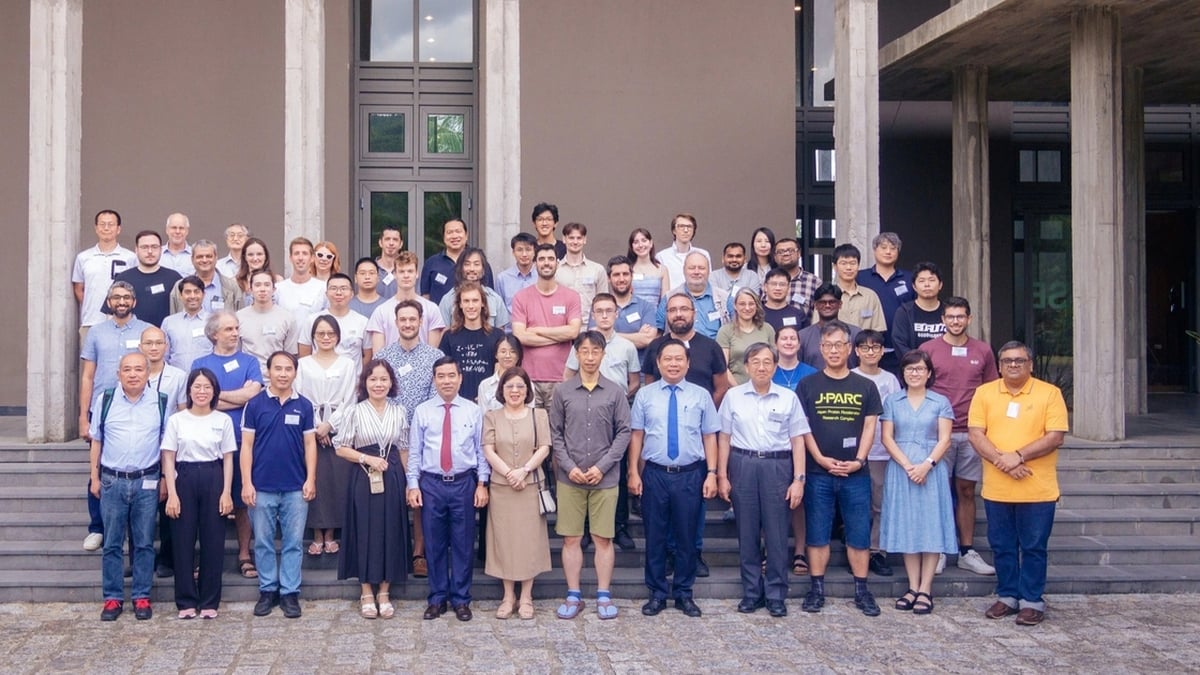
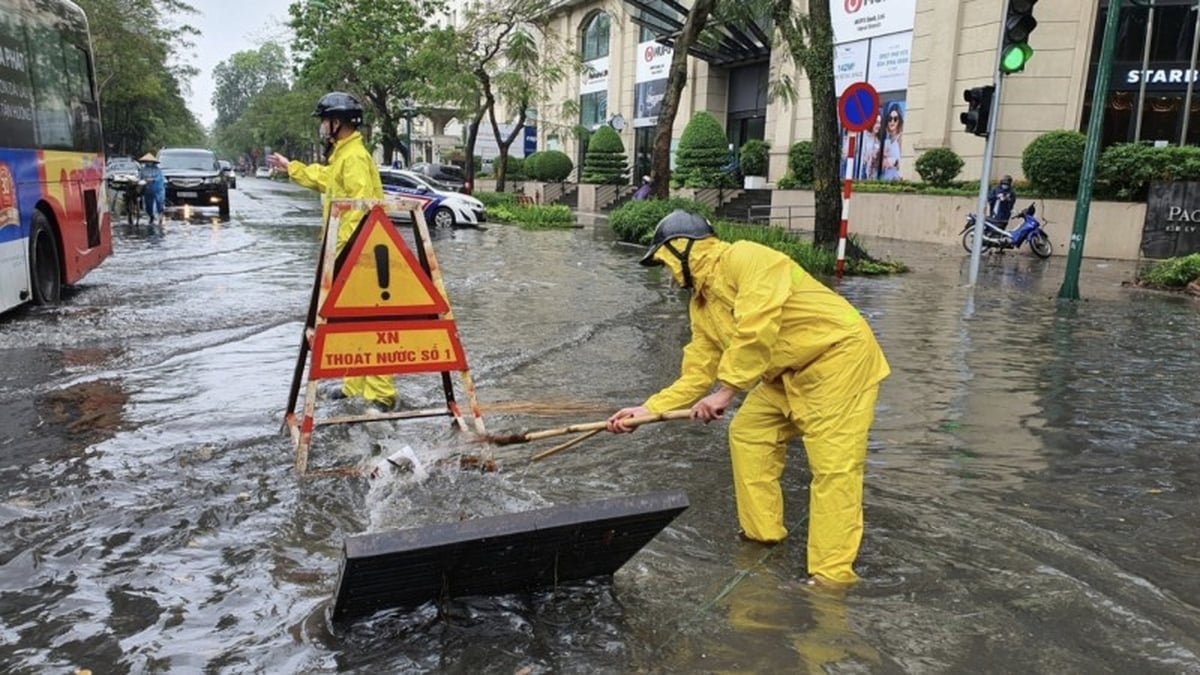

















![[Photo] National Assembly Chairman Tran Thanh Man visits Vietnamese Heroic Mother Ta Thi Tran](https://vphoto.vietnam.vn/thumb/1200x675/vietnam/resource/IMAGE/2025/7/20/765c0bd057dd44ad83ab89fe0255b783)




















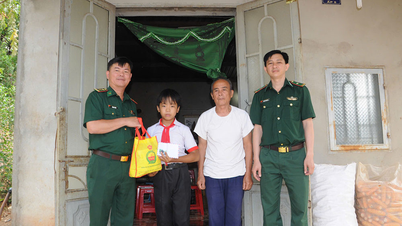














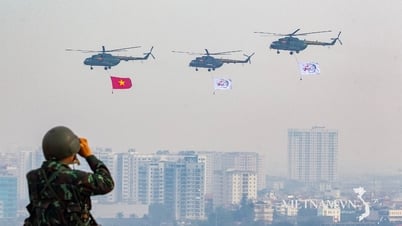
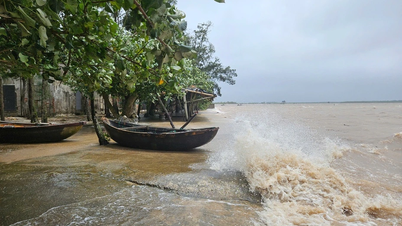

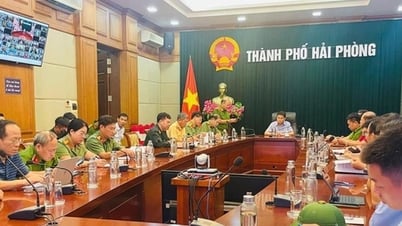


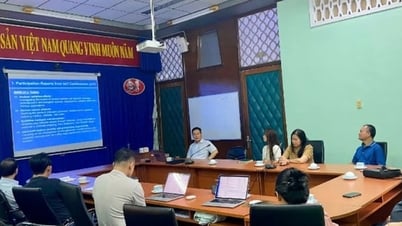




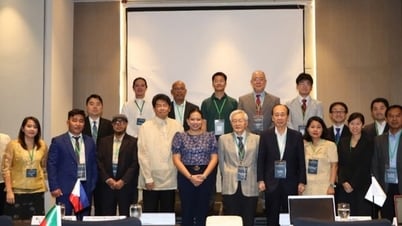
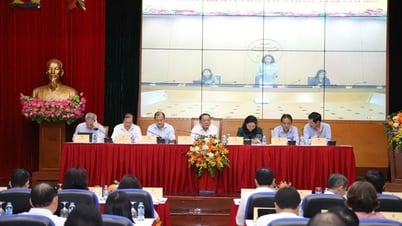

























Comment (0)